Understanding Fuel Prices in Nigeria: July 2024 Update
Understanding Fuel Prices in Nigeria: July 2024 Update
Staying informed about fuel prices in Nigeria is crucial for both consumers and businesses. As of July 2024, the cost of petrol and other fuels has seen significant changes influenced by various economic and logistical factors. Here’s a comprehensive look at the current fuel prices and the elements affecting them.
Current Fuel Prices
Petrol (Premium Motor Spirit – PMS)
The average price of petrol in Nigeria is currently around ₦630 per liter, although this can vary between ₦600 and ₦700 depending on the region and specific filling stations. In major cities like Lagos and Abuja, prices hover around ₦750 per liter (Carmart) (Nigerian Prices | Naija Price Watch).
Diesel
The price of diesel is significantly higher, averaging ₦1403.96 per liter. This increase reflects the global trends in fuel pricing and local supply chain issues (GlobalPetrolPrices.com).
Black Market Prices
Due to frequent shortages and distribution issues, black market prices can be considerably higher. In some areas, black market prices for petrol range between ₦720 and ₦1,000 per liter (Carmart).
Factors Influencing Fuel Prices
1. Exchange Rates
The value of the Nigerian Naira against the US Dollar plays a significant role in determining fuel prices. A stronger Naira could reduce the cost of importing fuel, potentially lowering prices (Classified Marketplace).
2. Government Policies
Government decisions, such as subsidy removal and regulatory changes, directly impact fuel prices. The current market-based pricing system allows prices to fluctuate based on global oil market conditions (Carmart).
3. Logistics and Supply Chain
Transportation costs and supply chain efficiency also affect fuel prices. Regions further from refineries or ports often see higher prices due to added logistical expenses (Nigerian Prices | Naija Price Watch).
4. Demand and Seasonal Changes
Fuel demand can vary seasonally, with higher consumption periods leading to increased prices. For example, during the rainy season, transportation difficulties can lead to supply shortages and higher prices (GlobalPetrolPrices.com).
Conclusion
Understanding the current fuel prices in Nigeria requires considering various economic, logistical, and policy-related factors. As of July 2024, the cost of petrol is around ₦630 per liter on average, with significant regional variations. Diesel prices remain high, influenced by global market trends. Staying informed about these factors can help consumers and businesses better navigate the complexities of fuel pricing in Nigeria.
For more detailed and up-to-date information, you can visit Global Petrol Prices and Carmart Africa.


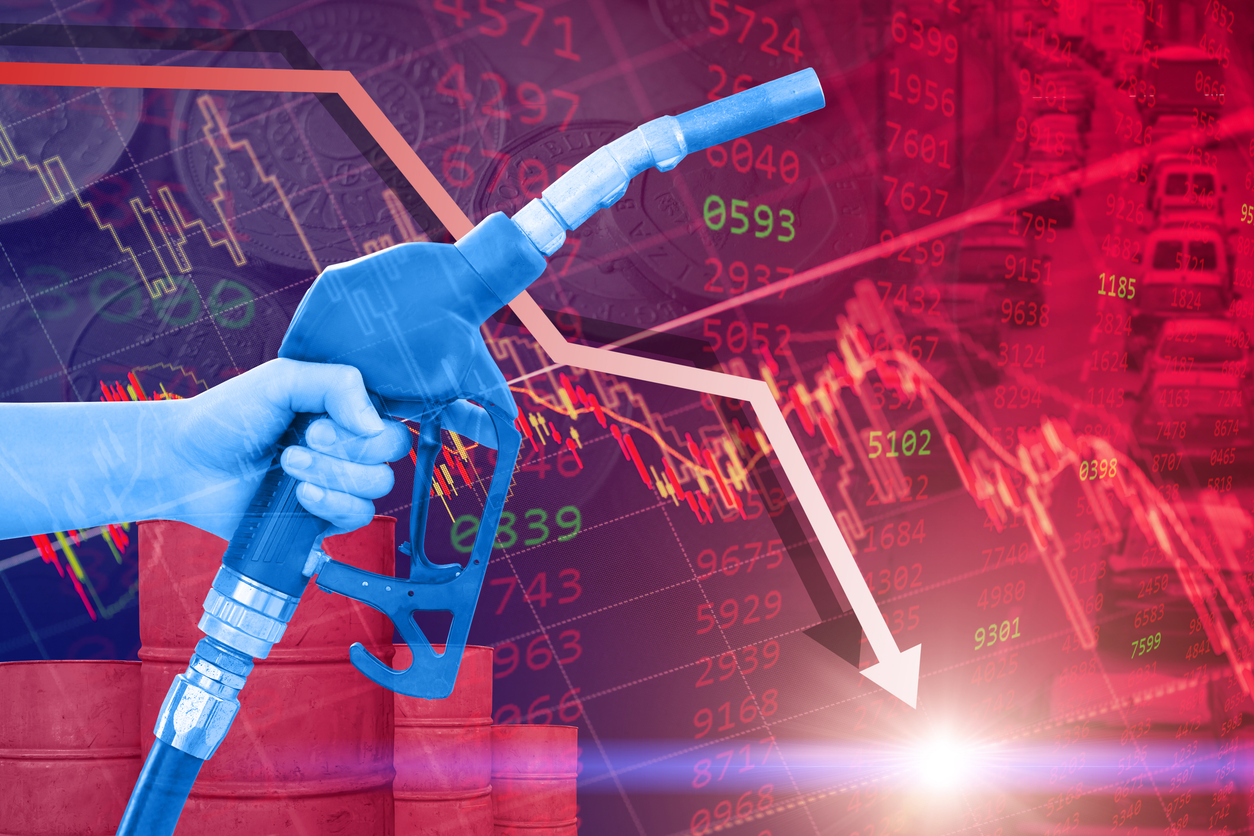
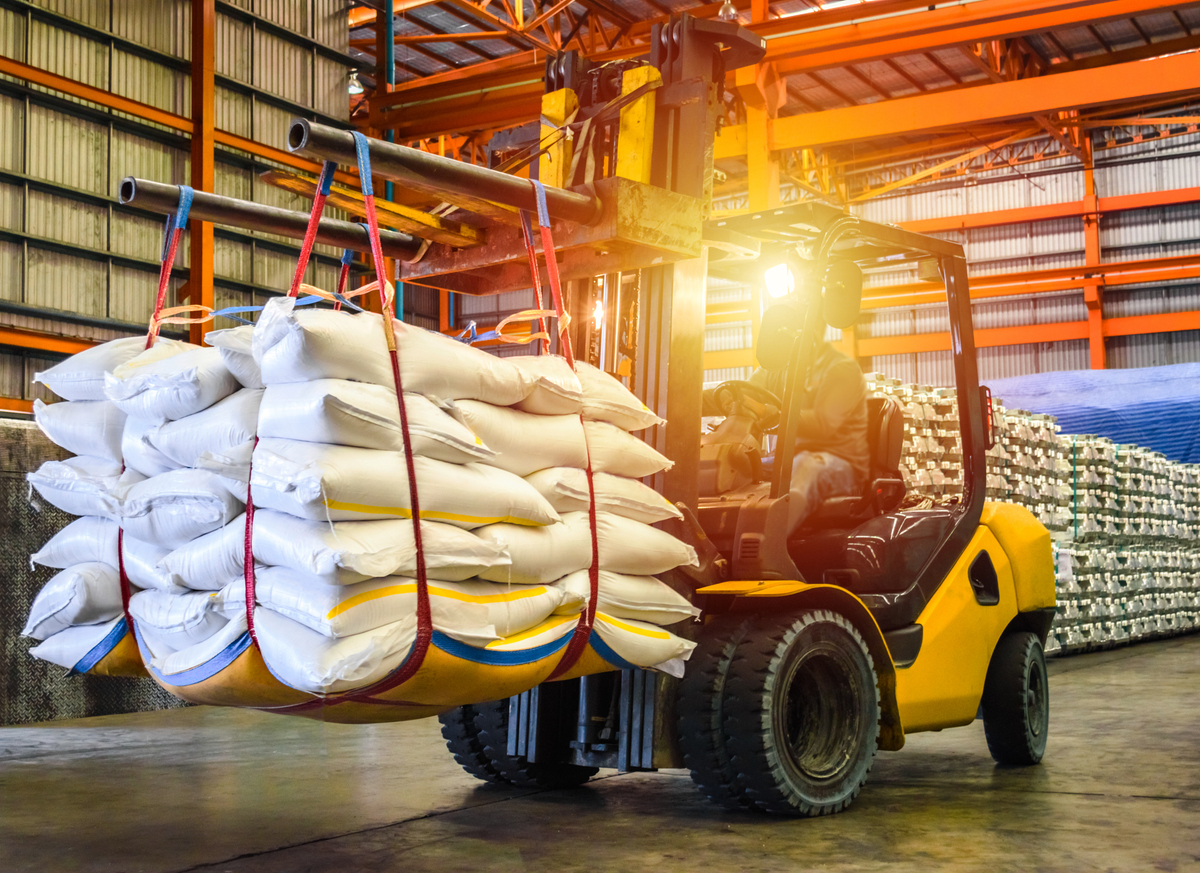
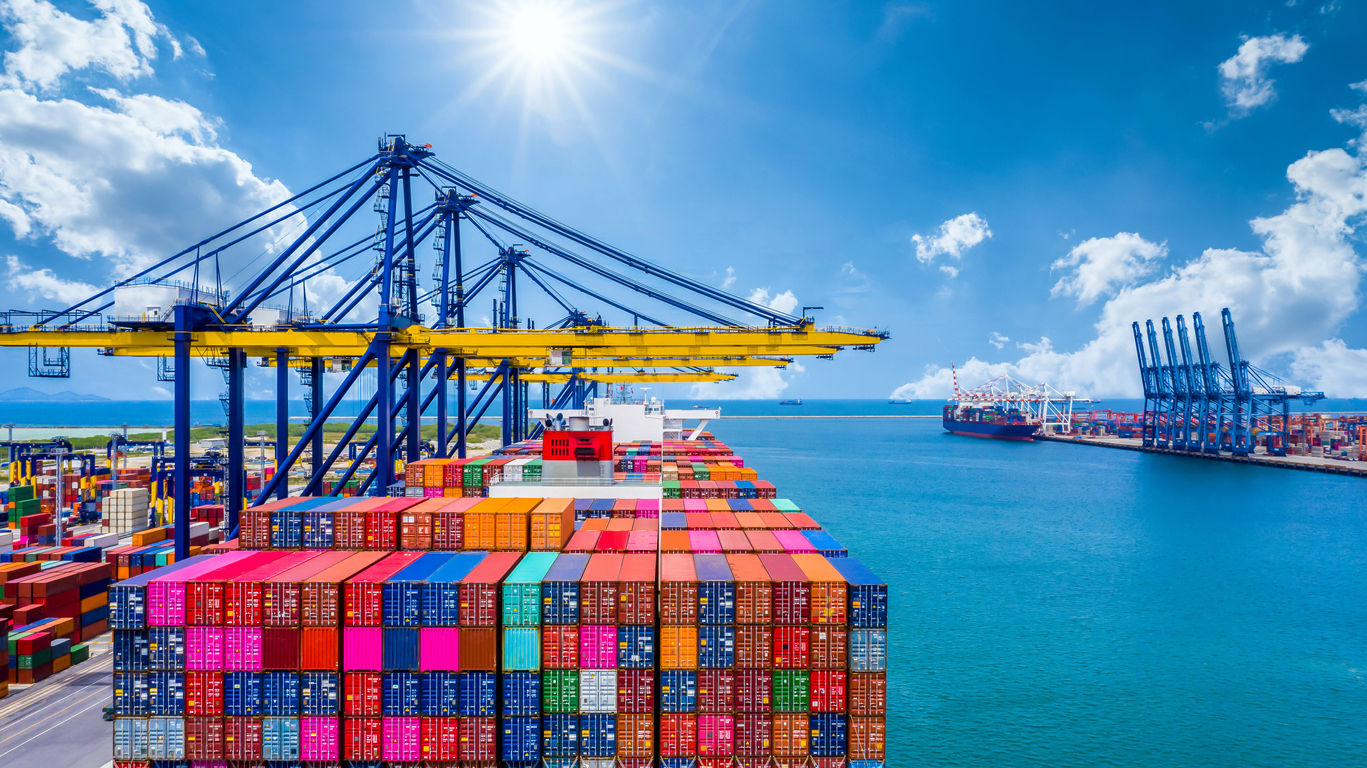
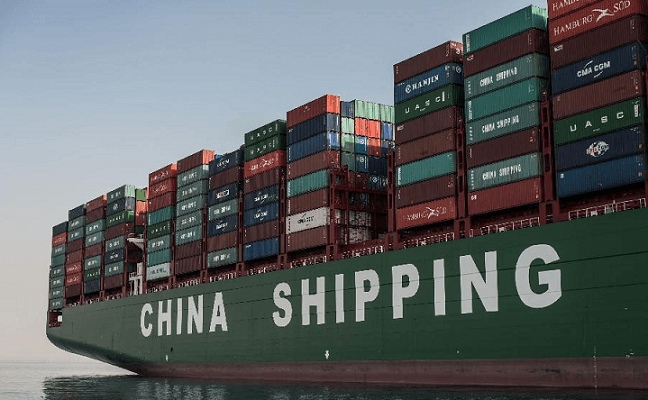

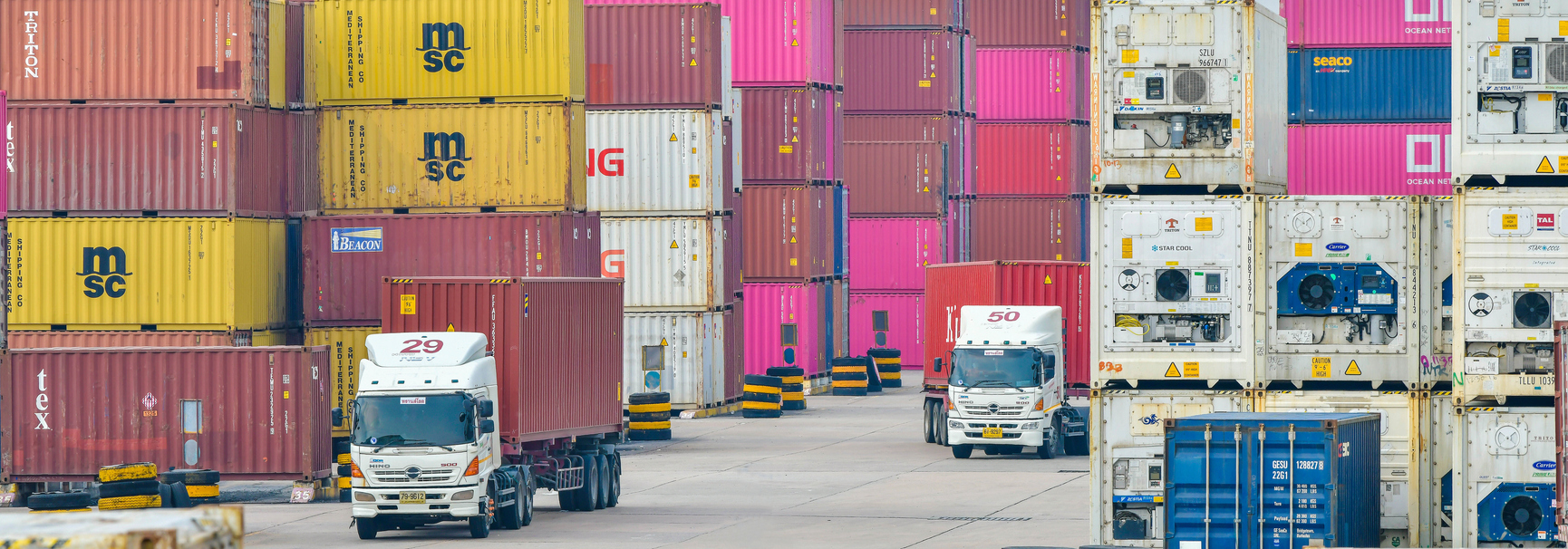
Comments are closed.